Imagine having a hypersensitivity or intolerance to everyday sounds like that of running water, a crying baby, a doorbell, or a television turned on at an appropriate volume. Those suffering from hyperacusis experience the above scenario on a daily basis and often also complain of pain or discomfort in the ears. Hyperacusis is a reduction of normal tolerance for everyday sound and can greatly impact one’s quality of life.
There are several theories as to why one might develop hyperacusis. The first is that the efferent portion, or fibers that regulate sounds, of the auditory nerve has been compromised. The second idea is that the central processing system is affecting how the brain perceives sound. Some believe that hyperacusis might be a result of a combination of the two aforementioned theories.
Causes of Hyperacusis
Hyperacusis can come on over a period of time or strike suddenly and there are many conditions and causes associated with it. These include, but are not limited to: job related noise exposure, Lyme disease, ear damage, migraines, head injury, chronic ear infections, and TMJ Syndrome.
Connection to Tinnitus
Tinnitus is a condition in which a person hears ringing, buzzing, hissing, or whistling in the ears and is typically a symptom of an underlying condition. It is believed that as many as sixty-three percent of tinnitus sufferers also experience symptoms of hyperacusis. Those with either one of or both of these may find it difficult to go about their daily routines and often suffer from depression, social isolation, and phonophobia.
If you are experiencing symptoms of hyperacusis or tinnitus, then a visit with an otolaryngologist may be warranted. Please call Plymouth ENT at 508-746-8977 to learn more about how we can help you!

